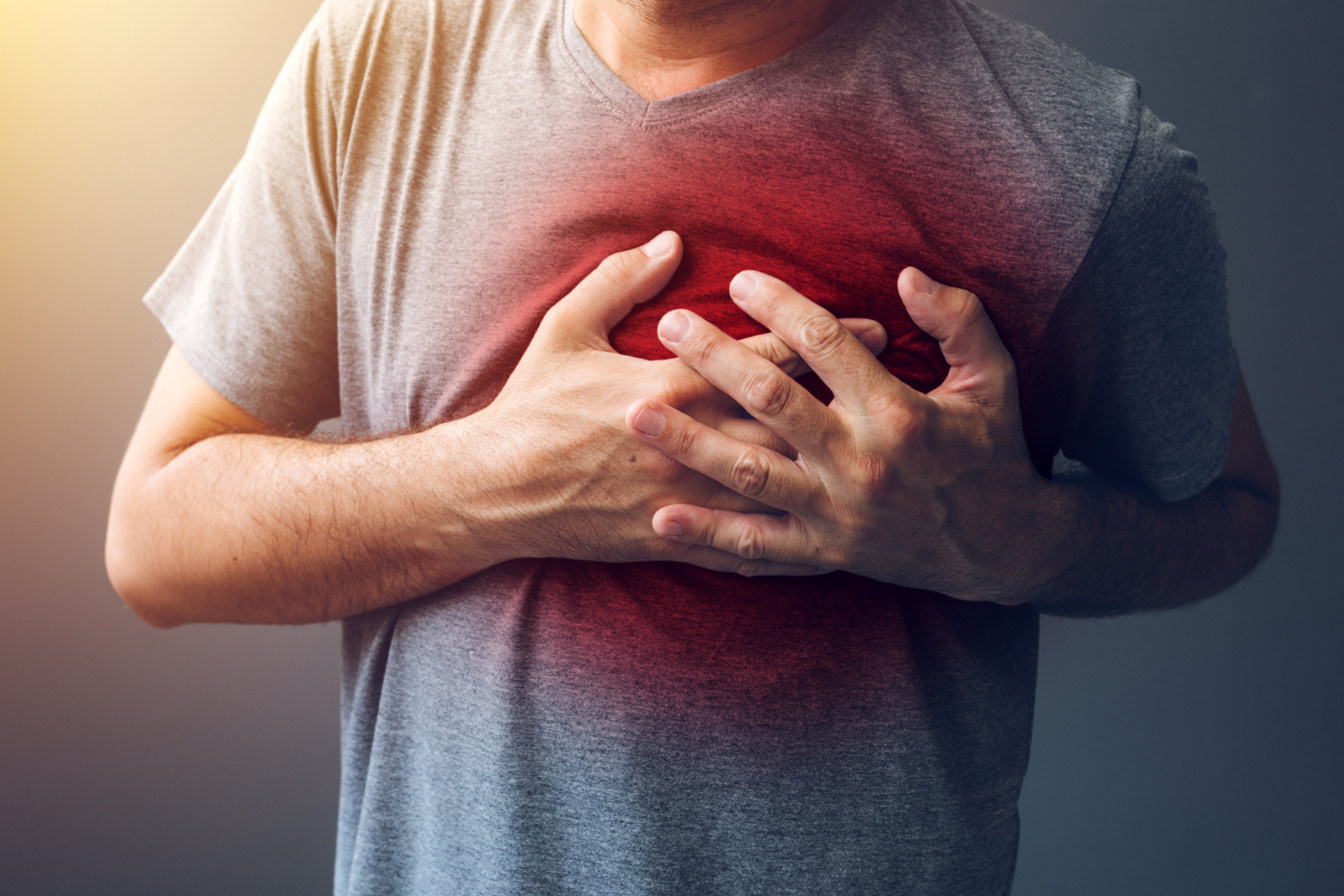Understanding Symptoms and Causes of Heart Attack, Stroke, and Cardiac Arrest.
Posted on : February 26, 2024
Heart attack, stroke, and cardiac arrest are serious medical emergencies that require immediate attention. Understanding the symptoms and causes of these life-threatening events is crucial for timely intervention and prevention. In this article, we'll explore the distinctive features of each condition, their common symptoms, and underlying causes, providing valuable insights for recognizing and addressing these cardiovascular emergencies.
Heart Attack:
Symptoms: A heart attack, also known as a myocardial infarction, occurs when the blood flow to a part of the heart is blocked, leading to tissue damage. Common symptoms of a heart attack include:
- Chest pain or discomfort, which may feel like pressure, tightness, or squeezing.
- Pain or discomfort in the arms, back, neck, jaw, or stomach.
- Shortness of breath, often accompanied by sweating, nausea, or lightheadedness.
- Fatigue or weakness, particularly in combination with other symptoms.
Causes: The most common cause of a heart attack is the formation of a blood clot in one of the coronary arteries, which supply oxygen-rich blood to the heart muscle. This blockage can occur due to:
- Coronary artery disease (CAD), a condition characterized by the buildup of plaque (atherosclerosis) in the arteries.
- Spasm of a coronary artery, which can temporarily reduce blood flow to the heart.
- Rupture of a plaque, leading to the formation of a blood clot at the site of the rupture.
- Other risk factors, including smoking, high blood pressure, high cholesterol, diabetes, obesity, and a sedentary lifestyle.
Stroke:
Symptoms: A stroke, also referred to as a cerebrovascular accident (CVA), occurs when the blood supply to part of the brain is interrupted or reduced, depriving brain tissue of oxygen and nutrients. Common symptoms of a stroke include:
- Sudden weakness or numbness of the face, arm, or leg, typically on one side of the body.
- Trouble speaking or understanding speech.
- Confusion, sudden dizziness, or loss of coordination.
- Severe headache, often described as the worst headache of one's life.
Causes: Strokes can be classified into two main types: ischemic strokes and hemorrhagic strokes.
- Ischemic strokes occur when a blood clot blocks an artery, reducing blood flow to the brain. This type accounts for the majority of strokes and is often associated with underlying conditions such as atherosclerosis or atrial fibrillation.
- Hemorrhagic strokes occur when a weakened blood vessel ruptures and bleeds into the brain. This can be caused by conditions such as high blood pressure, aneurysms, or arteriovenous malformations.
Cardiac Arrest:
Symptoms: Cardiac arrest occurs when the heart suddenly stops beating, leading to loss of consciousness and cessation of breathing. Common symptoms of cardiac arrest include:
- Sudden collapse and loss of responsiveness.
- Absence of normal breathing or gasping for air.
- No pulse or heartbeat.
Causes: Cardiac arrest is often precipitated by an underlying heart condition, such as:
- Ventricular fibrillation, a chaotic electrical activity of the heart that prevents it from pumping blood effectively.
- Ventricular tachycardia, a rapid heart rhythm that can degenerate into ventricular fibrillation.
- Heart attack or myocardial infarction, which can disrupt the heart's electrical system.
- Other factors, including electrolyte imbalances, drug overdose, drowning, or trauma.
Heart attack, stroke, and cardiac arrest are serious medical emergencies that require immediate attention. Recognizing the symptoms and understanding the underlying causes of these conditions is essential for prompt intervention and prevention. By adopting a healthy lifestyle, managing risk factors, and seeking timely medical care, individuals can reduce their risk of experiencing these life-threatening events and improve their overall cardiovascular health. Remember, when it comes to heart health, knowledge and action can save lives.
Disclaimer: The content on this blog serves educational, informational, and awareness purposes only and does not replace professional medical advice, diagnosis, or treatment. Consult your doctor/healthcare provider before acting on any information provided. Relying on the blog content is at your own risk. SCG Healthcare Private Limited bears no responsibility for any consequences resulting from the use of this information.

